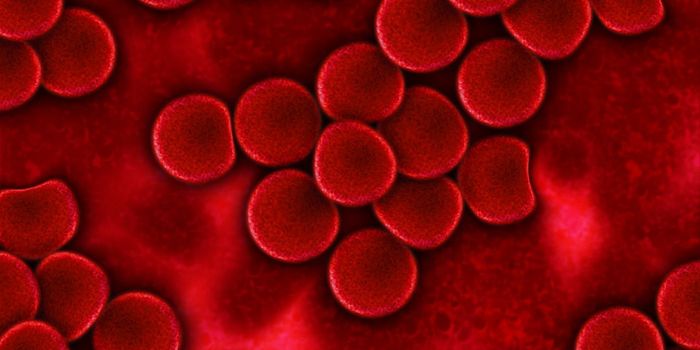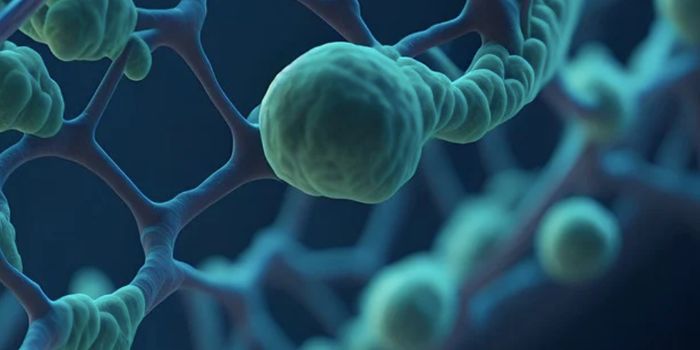Individual Genetics Modifies How Bacteria Influences Gastric Cancer Risk
The bacteria Helicobacter pylori (H. pylori) can infect tissues in the mucosal layer that lines the stomach. H. pylori has unique characteristics allowing it to thrive in the acidic gastric environment. The spiral shape of the bacteria allows H. pylori to embed itself deep in the stomach’s less-acidic mucus layer. Additionally, H. pylori secretes an enzyme, urease, which converts biological wastes into ammonia. When ammonia surrounds H. pylori, it helps neutralize the acidity promoting bacterial survival. The ability of H. pylori to get into the stomach lining provides additional protection from immune cells which cannot efficiently reach the bacteria.
The Centers for Disease Control (CDC) estimates that H. pylori has infected two-thirds of the world’s population. In most cases, H. pylori does not cause notable symptoms, but past infection correlates to several gastric conditions, including peptic ulcers, gastritis, and some types of stomach cancer.
H. pylori infection does not influence all stomach cancer subtypes the same. Some studies suggest H. pylori promote gastric cardia cancer, while others indicate this effect may not hold in all populations. Significant epidemiological evidence supports the link between H. pylori infection and gastric adenocarcinoma.
Other research has identified germline variants, hereditary mutations passed from parents to offspring, arising in specific cancer-predisposing genes. Oncologists use this genetic information to personalize surveillance programs for those at high risk of developing stomach cancer.
While both H. pylori infection and genetic mutations can predispose an individual to stomach cancer, the impact of these two risk factors occurring in the same individual remains unclear. Recently, a team of researchers published their study investigating a potential additive effect of H. pylori infection and germline variants in cancer-predisposing genes.
The study, recently published in the New England Journal of Medicine, included banked data from 10,426 gastric cancer patients and 38,153 control participants. The researchers evaluated 27 cancer-predisposing genes and identified nine genes that increased gastric cancer risk.
The researchers then evaluated the combined effect of having one of these nine genes and a history of H. pylori infection in a smaller subset of patients and controls. Individuals with a genetic variant and a positive H. pylori status had an elevated risk of gastric cancer compared to individuals with just a single one of these factors.
The study also demonstrated that the risk of stomach cancer due to genetic variants and H. pylori infection increased with age. By age 85, individuals with H. pylori infection and a genetic variant exhibited a 45.4% risk of stomach cancer. At the same age, those without a genetic variant who still had a history of H. pylori infection had a 14.4% risk of stomach cancer.
The researchers conclude that H. pylori infection significantly altered the risk of gastric cancer in individuals with cancer-predisposing germline variants. Given this, one potential strategy to increase gastric cancer prevention could involve providing genetic analysis to individuals with a positive H. pylori status. These individuals, understood to have an elevated cancer risk, could receive added monitoring to ensure early detection if cancer does arise.
Sources: J Natl Cancer Inst, Br J Cancer, Annu Rev Pathol, Lancet, NEJM









